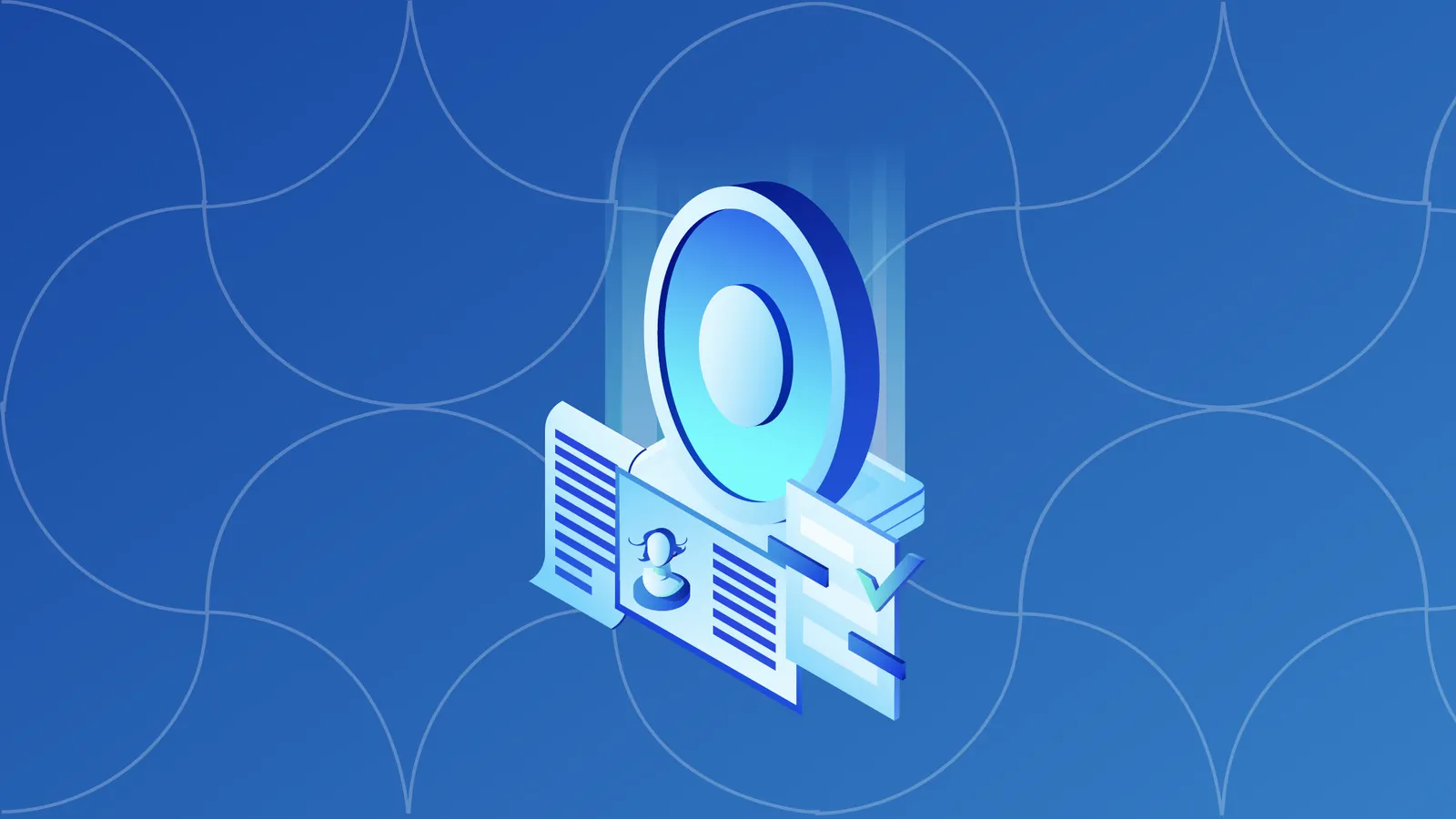With Web3 trending toward hyper-financialization and commoditization, leading lights in the space have proposed an alternative model built upon emergent networks by bottom-up communities with rich social identity.
Soulbound Tokens, proposed by Ethereum creator Vitalik Buterin, would form an essential building block for this Decentralized Society, or DeSoc. These non-transferable tokens represent credentials and affiliations within DeSoc, and are linked to Souls, a type of address that establishes provenance.
Introduction
“Soul” is not a word commonly associated with the highly technical and often financially-oriented space of blockchain and crypto. To most, the term “Soulbound Token” in a crypto context sounds unintuitive, ironic, or just plain strange.
Soulboundhttps://t.co/dHA2ki4AdB
— vitalik.eth (@VitalikButerin) January 26, 2022
Nevertheless, Soulbound Tokens, and that which they inspire, stand to shape Web3’s path forward in a meaningful way. They are the proposed building blocks that could reshape how we relate to one another, build and manage communities, communicate reputation, and more. What is just an idea today might one day become part and parcel of our Web3 lives and beyond.
In this article, we explore what Soulbound Tokens are, the Web3 context they fit into, how they work, example use cases, and what their future might hold.
What are Soulbound Tokens?
Soulbound Tokens (SBTs) were proposed in May 2022 by economist & social technologist E. Glen Weyl, lawyer Puja Ohlhaver, and Ethereum creator Vitalik Buterin. SBTs are a primitive, or foundational building block, in an emerging Web3 trend known as the Decentralized Society.
DeSoc sits at the intersection of politics and markets and, much like the wider Web3 context into which it fits, is based around principles of composability, bottom-up community, cooperation, and emergent networks that are owned and governed by network users. It aims to augment Web3’s trajectory toward hyper-financialization to something more inclusive, democratic, and decentralized.
1/ A first sketch of Decentralized Society (DeSoc): https://t.co/rdTSL8QpJP…
Honored to have collaborated with @glenweyl and @vitalikbuterin on what will hopefully become a novel field of research, inquiry, and co-creation across our technological stack.
— Puja Ohlhaver (@pujaohlhaver) May 11, 2022
SBTs are an essential feature of DeSoc. Similar to a resume or medical records in the non-Web3 world, SBTs are non-transferable tokens that represent “commitments, credentials, and affiliations” that make up the social relations on Web3 networks. In other words, they are tokenized representations of the myriad traits, features and achievements that make up a person or entity.
Crucially, Souls can issue and attest SBTs to other Souls; so for example a college (represented by one Soul) could issue a SBT certifying that a course has been completed to a student’s Soul.
How do Soulbound Tokens work?
At time of publication, no formal Soulbound Token specification exists at the time of writing; they’re still just an idea. That said, some mechanics have already been outlined.
SBTs’ most distinguishing feature is non-transferability. Unlike today’s most popular token standards—namely, fungible ERC-20 tokens like ETH and ERC-721 NFTs like Bored Ape Yacht Club—SBTs are not designed to have a market value and cannot be transferred to another wallet.
Within a DeSoc context, SBTs are issued by and held within accounts known as “Souls”. Souls are essentially wallets that hold SBTs and are used to establish provenance (the origin of something) and reputation. Souls can be associated with individuals, organizations, or other entities. Importantly, Souls are not intended to have a 1:1 representation to humans. That is, a human can have multiple Souls in DeSoc.
For example, your high school could have a Soul that issues diplomas as SBTs to its graduates, all of whom have Souls that hold their respective diploma SBT. You receive this SBT in your Credentials Soul, where you also hold SBTs for your Girls Scouts badges and National Honors Society SBTs. This Credentials Soul, however, is separate from your Identification Soul, which holds your drivers license and passport.
SBTs in and of themselves are simply descriptive and representative. Their power and utility, in part, comes from how SBTs held in Souls interrelate to form emergent communities based on verified affiliations, commitments, and credentials.
Did you know?
The name “Soulbound” comes from World of Warcraft, as indicated by Buterin in a January 2022 post.
What's so special about Soulbound Tokens?
The notion of non-financialized and/or non-transferable tokens is not a new concept. In fact, thriving projects today are built on similar principles. For example, POAP proves event attendance with badges that don’t have a financial value. Proof-of-Humanity uses non-transferability to associate profiles with a unique, IRL human.
What makes Soulbound Tokens unique is the way in which they fit into a wider Decentralized Society context. As recognized by the authors of the “Decentralized Society: Finding Web3’s Soul” paper in which SBTs are proposed, the concept is still nascent and underdeveloped. Nevertheless, SBTs stand to be the atomic building blocks with which democratic, composable, and decentralized networks and Web3 societies are built.
What are example use cases of Soulbound Tokens?
The potential use cases of SBTs are limited only by our ability to imagine, design, and implement them. Nevertheless, here are a few promising use cases:
- 🏥 Medical record management - Switching doctors or insurance providers can be a frustrating experience. It requires spending hours on the phone requesting medical history, verifying your identity, and trying to remember if you used your mother’s maiden name or the street you grew up on as a security question. SBTs would render this cumbersome process obsolete with something like a medical Soul that holds all of your medical records.
- 💵 Undercollateralized on-chain lending - Traditional financial markets are built atop credit. To date, crypto projects have struggled to solve this problem at scale due to technical limitations around proving an individual’s or institution’s ability to pay back a loan. SBTs could solve this through provable reputation.
- 🛡️ DAO sybil attack protection - One of the biggest threats faced by decentralized autonomous organizations (DAOs) is a sybil attack, wherein an individual or coordinated group of individuals accumulate a critical mass of governance tokens and manipulate proposal voting in their favor. Leveraging SBTs, DAOs can have built-in mechanisms that mitigate such risks in a number of ways such as checking for correlation between SBTs held by Souls who support a particular vote and discounting accordingly.
More potential use cases for Soulbound Tokens can be found in the “Decentralized Society: Finding Web3’s Soul” paper.
The future of Soulbound Tokens
In their current “Soulbound” form, SBTs are a meager few months old (at the time of writing). The ideas, use cases, and implementations have yet to be discussed, designed, and fleshed out. In this respect, the future of SBTs is a blank slate.
In their purest and fullest expression and manifestation, however, Soulbound Tokens stand to become a foundational element of the Decentralized Society movement, in which communities emerge around shared networks and goods that are owned and managed by the Souls that use them.



